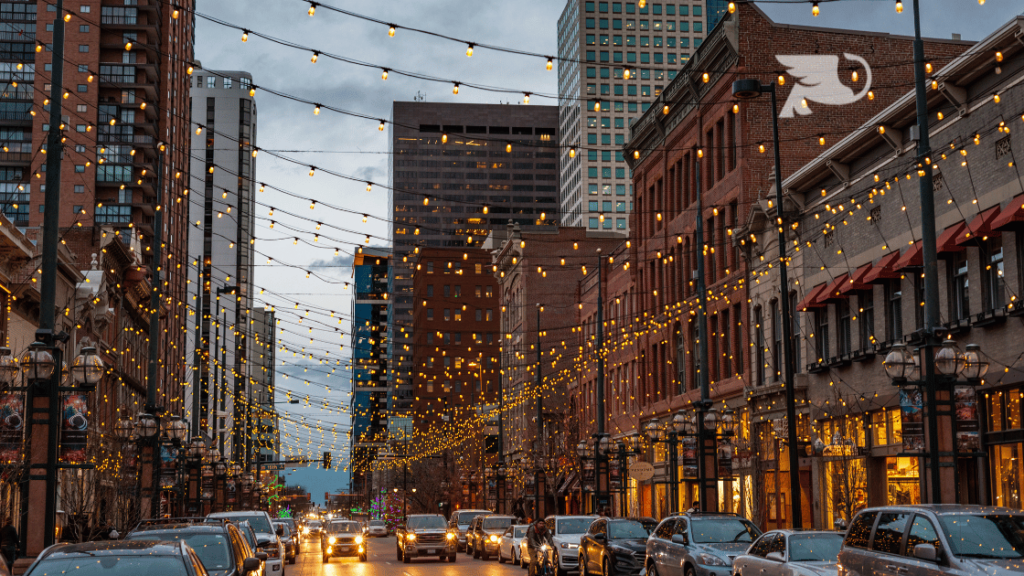Denver offers a dynamic environment for culinary ventures, but starting a new restaurant involves navigating several critical approvals and permits.
Here’s a comprehensive guide to help you understand the zoning and site development requirements in Denver.
Zoning Use Permit
Before embarking on your restaurant project, ensure the property is correctly zoned for restaurant use, categorized as an “eating and drinking establishment” under Denver’s zoning regulations.
Obtaining a zoning use permit from Denver’s Community Planning and Development (CPD) department is essential. This permit confirms that your restaurant’s intended use, including features like a drive-through, aligns with the site’s zoning.
The fee for a basic zoning use permit is approximately $20.
Drive-Through Zoning
Including a drive-through in your restaurant design requires careful consideration of zoning regulations. Not all commercial zones in Denver permit drive-through facilities outright.
Depending on the zone, you may need a specific zoning permit or undergo a special exception review.
This process could involve a public hearing before the Board of Adjustment, with fees totaling around $20 plus additional hearing costs.
Site Development Plan (SDP)
For new construction or significant site modifications, Denver mandates a Site Development Plan (SDP) before issuing building permits.
The SDP process overseen by CPD includes comprehensive reviews of site layout, parking, landscaping, and infrastructure to ensure compliance with zoning and design standards.
Projects like new buildings with drive-through lanes undergo rigorous evaluation during the SDP stage.
Expect a review timeline of several months, depending on project complexity. Larger projects have historically taken 8–9 months on average for combined site plan and building reviews.
Existing Building vs. New Construction
Remodeling an existing restaurant space without altering its use typically requires a zoning use permit and building permit.
Minor renovations within existing structures are straightforward compared to new builds. New builds tend to trigger extensive zoning reviews and the SDP process.
Projects that maintain the previous restaurant use and do not alter building footprint or parking arrangements often streamline the zoning approval process.
Pro Tip: So if you’re looking for a new location, consider seeking out shut-down or soon-to-close restaurants as the permitting process may go faster.

